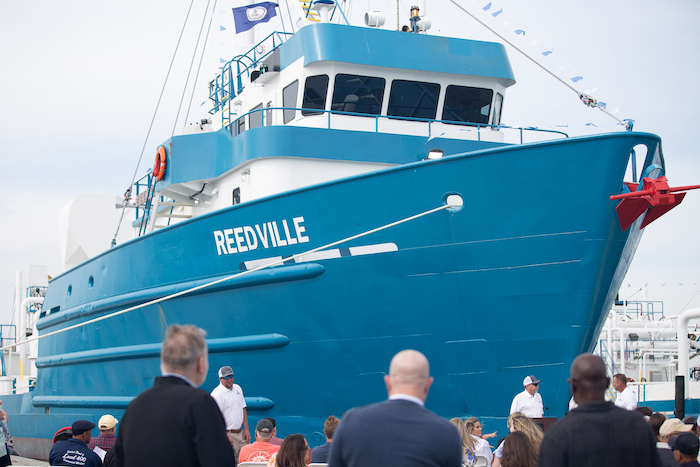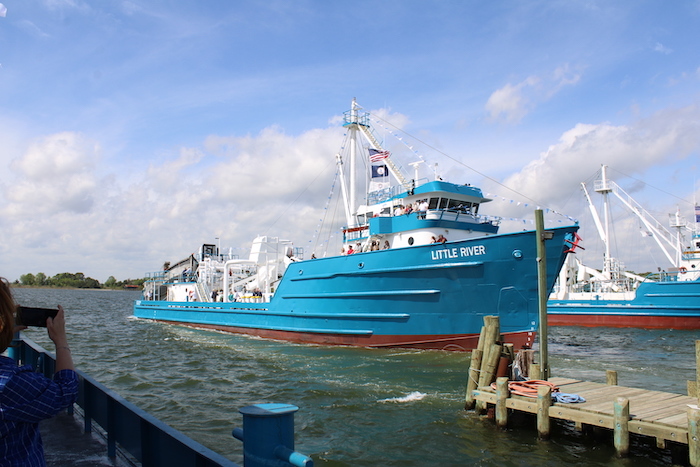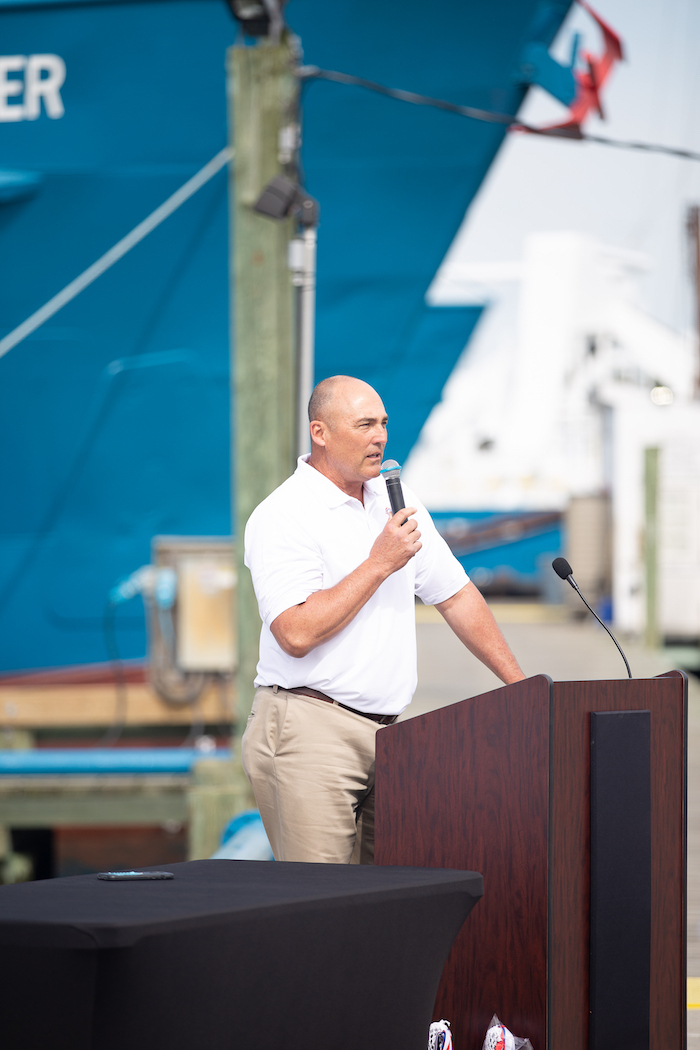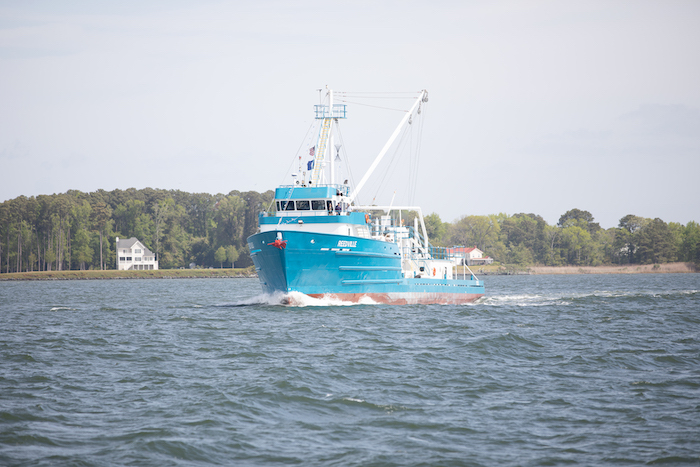July 11, 2024 — Ocean Fleet Services and Ocean Harvesters have filed a motion to dismiss a lawsuit that claimed Blacks Harbour, New Brunswick, Canada-based Cooke Inc. violated foreign ownership laws when it acquired Omega Protein in 2017.
The lawsuit, filed in 2021, was recently unsealed after the U.S. Department of Justice declined to intervene. Filed in New York’s Southern District Court by W. Benson Chiles and Chris Manthey, the lawsuit claims Cooke could be liable for up to USD 2 billion (EUR 1.84 billion) in fines for exceeding foreign ownership requirements for domestic U.S. fishing fleets.






